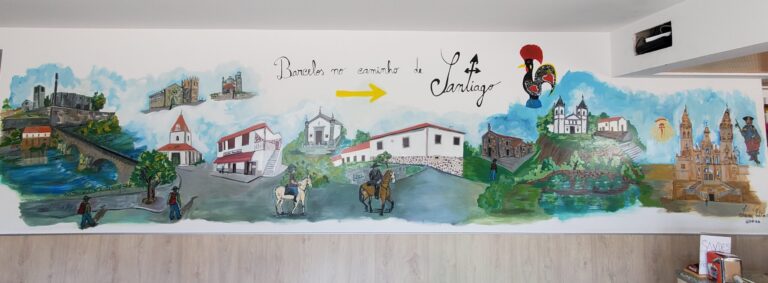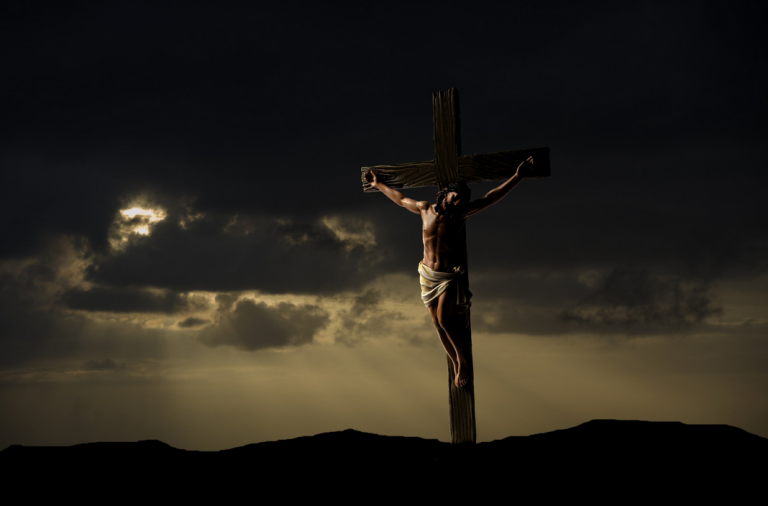“Wait for the LORD; be strong, take heart, and wait for the LORD.” (Psalm 27:14)
After finishing my year overseas working at a counseling center for missionaries, I arrived in the USA with very little idea of what lay ahead, but a wide variety of options seemingly available. I hoped connections at an upcoming conference would lead to an open door, clear direction for next steps. But despite my heartfelt prayers for guidance and willingness to go wherever God directed me, six months later I still didn’t have a steady income or permanent residence. Am I missing something?
It wasn’t that I didn’t have anything to do. The lack of a 9-5 job gave me a rare window of time to devote to writing and praying by a wood stove in the snowy hills of Idaho. I was free to migrate between seeing family in Arizona, doing trauma response work in Washington after the massive mudslide, and debriefing a ret urning missionary in Ohio.
urning missionary in Ohio.
Yet I couldn’t see what lay more than a couple weeks ahead. Rather than looking at what was on the flat horizon, I only saw another bend in the road when rounding a corner. During my quiet times, a repetitive theme emerged:
“Wait for the Lord.”
The Counter-Cultural Challenge
Set goals! Plan ahead! Look for ways to succeed! Make a difference! Boost your career!
We hear and see these messages all around us. The Western culture heavily emphasizes the value of “success,” whether defined by wealth, position of authority, or levels of accomplishment. We are supposed to be “productive.”
The same emphasis on the importance of achievement is evident in the church context. For a ministry to be considered “effective,” there are expectations for growth in attendance and donations. Missionaries visiting their sending churches are expected to provide success stories, proving that the donations are being given to a worthwhile cause.
Yet, when I look at Biblical role models, I’m amazed at how many of them spent extensive amounts of time NOT “making a difference” in serving God.
- Abraham (or then Abram) was with his family until age 75 (Genesis 12:4). Only then was he directed by God to go elsewhere.
- Joseph was in Egypt 13 years before becoming the overseer, at least two of those years in prison.
- Moses spent four decades tending sheep between fleeing from Egypt and his encounter with God.
- The Israelites “wandered” in the desert for forty years.
- David spent over a year hanging out with the Philistines (1 Sam 29:3)
- Jesus didn’t start his ministry until he was about 30 years old.
- Paul disappeared into Arabia for over two years between his conversion and going out as an evangelist.
I believe those windows of waiting were key to God’s work in and through the lives of each of these people and many more. Yet we rarely focus on those interim periods of apparent lack of progress; sermons tend to emphasize times of “doing” rather than times of “being.” There are often times when we would benefit greatly from stepping out of the rat-race we call life to focus on God and our relationship with Him.
Welcoming Waiting
In those chapters of uncertainty about the future, it is easy to get wrapped up in the uncertainties of the unknown, the pressure to show progress, the desire to make a difference. Even when voluntarily taking retreat or a sabbatical, it is easy to lose focus and drift into thinking about what one should be planning or doing rather and enjoying the opportunity to renew one’s perspective.
So what can we get out of seasons of waiting? How do we embrace times of being instead of doing?
- Trust: One of the biggest challenges and benefits of waiting is learning to trust God more. Trust does not appear instantly; it takes time to grow as we repeatedly remind ourselves of God’s Sovereignty, recognize our severe limitations in perspective and planning, and release our uncertainties into His hands. It’s about surrendering our lives, including our dreams and expectations, back to Him. As we gradually learn to give control back to Him, we begin encountering His hand at work in ways we never could have orchestrated ourselves.
- Focus: One beauty that comes with stepping out of a busy schedule is the opportunity to get a fresh perspective on life. It takes intentionality to direct our attention toward God, including setting aside time to listen, both through Scripture and prayerful silence. Rather than focusing our prayers on our own questions and concerns, spending time focusing on the nature of God and expressing thanksgiving for the many things we take for granted immediately changes our outlook on life.
- Humbleness: Living during a period lacking in results or success can unveil much about our own pride. The unhelpful tendency to compare ourselves with others can be disheartening when we see others working hard and doing well. There may even be times when we need to ask for support from those around us, whether practical, emotional, or spiritual, which can be difficult for those of us who like to feel self-sufficient! Yet great growth can from accepting our own weaknesses as opportunities to witness God’s strength and deepen relationships with others.
- Redefining ourselves: When meeting someone new, what we do for a living is one of the first areas of conversation. Indeed, it’s easy to make our work a significant component of our identity; the cultural norm is to state, “I am a [doctor, teacher, etc.].” So who are you during interim periods not centered on a profession? When we shift our self-image to core components not relying on the circumstances, we can embrace the identity of being God’s creation (given unique qualities), His son or daughter, and the recipient of His love and grace. These are traits that last for eternity.
- Inner growth: Although we might not appear to be very productive from and outsider’s perspective, the periods of waiting are incredible opportunities for God to work on the areas of our hearts that are hurt, hardened, or simply neglected. These may be issues that are more easily ignored when caught up in a busy schedule. When choosing to draw near to God during times of waiting, in an attitude of humility, we can experience His healing and shaping, just as a gardener prunes the diseased parts of a tree, ensures it has healthy soil, and provides water.
The Outcome
After months of waiting, doors began to open in places I never would have planned or expected, such as teaching psychology at a seminary in Nigeria. Various connections, events, people, and resources started coming together like pieces of a puzzle. Right now, there are many pieces missing and I can’t yet see how everything fits, but am more and more excited about what God orchestrating. The road is still curving around corners, yet I feel more at peace trusting God with the unknown.
What about you? Are there areas of your life filled with uncertainty about next steps? When was the last time you set aside a period to focus on God?



